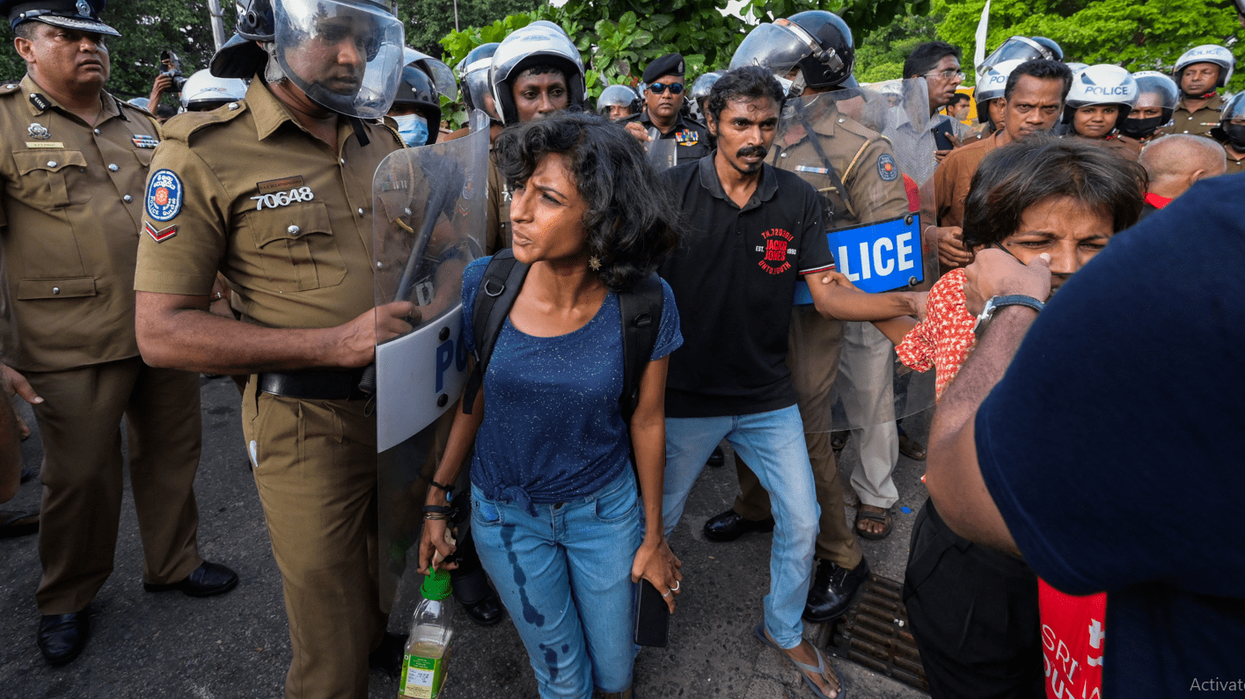SRI LANKA’S main Tamil party, the Tamil National Alliance (TNA), has demanded “enhanced and meaningful” devolution of power under the full implementation of the contentious 13th Amendment to the country’s constitution.
The minority Tamil community in Sri Lanka long sought devolution of power under the 13th Amendment following the Indo-Sri Lankan agreement of 1987. It created nine provinces as devolved units with a temporary merger of the Northern and Eastern provinces. “Our position is that power sharing must be in a federal structure consistent with the aspirations of the Tamil people expressed at every election since 1956,” the TNA said in a statement on Monday (31).
It was 40 years ago when mobs in Sri Lanka burned 13 people alive, part of a week-long pogrom that turbocharged simmering ethnic unrest into all-out civil war.
Known in Sri Lanka as “Black July”, the brutal violence triggered a 26-year conflict that killed about 100,000 people and set development back by decades, ending only after the Tamil rebels fighting for autonomy were massacred in 2009.
Ethnic tensions between the mainly Buddhist Sinhalese majority and the largely Hindu and Christian Tamil minority had long simmered, and worsened after ex-colonial ruler Britain quit in 1948.
The conflict erupted in July 1983, when a landmine ambush laid by Tamil rebels killed 13 Sinhalese soldiers, in the Tamil heartland of Jaffna.
The government flew the bodies to Colombo for a mass burial, but relatives demanded individual funerals and rioted. The backlash degenerated into a week of violence targeting Tamils, with the worst of the violence on July 29, dubbed “Black Friday”.
According to the government, about 400 to 600 people died over the course of the massacres - mostly Tamils. But minority groups said the true toll could be in the thousands.
Some claim the army was actively involved or provided tacit support to the attacks in revenge for the loss of their 13 comrades, and several then-government officials were seen leading mobs. No one has been prosecuted.
Of the estimated 100,000 killed in the war, the dead are split roughly equally between the security forces, Tamil fighters and Tamil civilians, with Sinhalese and Muslims also among the dead. But the legacy of events 40 years ago lives on.
This week, the TNA urged the Sri Lankan government to hold the provincial council elections and demanded “enhanced and meaningful” devolution of power under the amendment after last month’s all party conference on reconciliation called by president Ranil Wickremesinghe.
He told the meeting he supported implementation of the 13A, subject to parliamentary consensus across parties.




